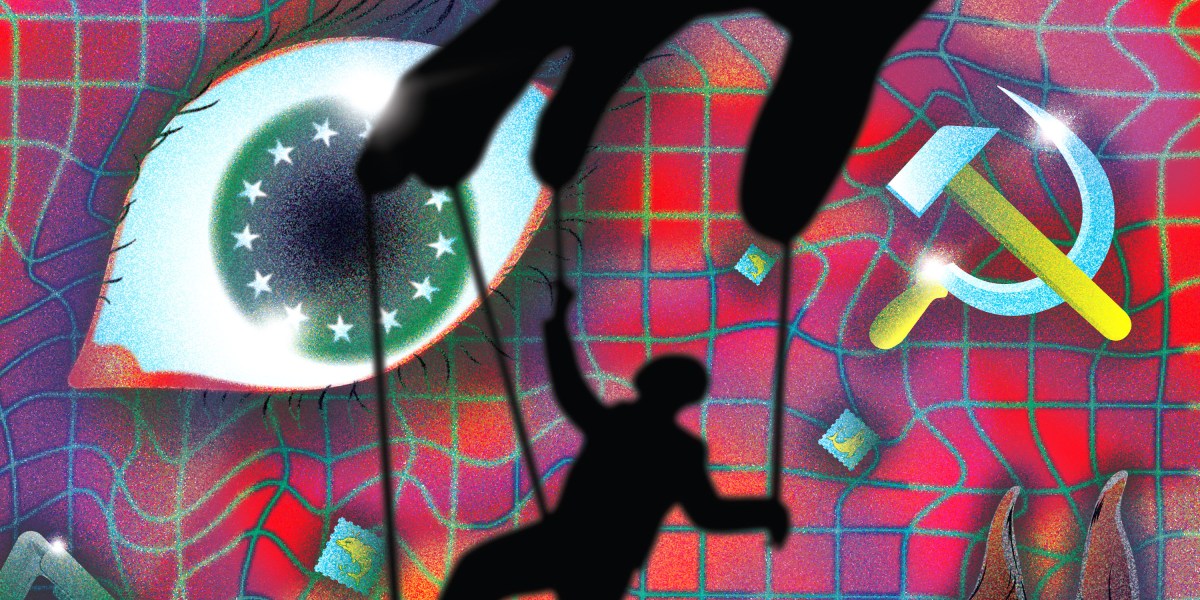The Download: a history of brainwashing, and America’s chipmaking ambitions

Zooming in further, there’s one particular type of insulating material placed between the chip and the structure beneath it; this material, called dielectric film, is produced in sheets as thin as white blood cells.
For 30 years, a single Japanese company called Ajinomoto has made billions producing this particular film. Competitors have struggled to outdo them, and today Ajinomoto’s products are used in everything from laptops to data centers.
Now, a startup based in Berkeley, California, is embarking on a herculean effort to dethrone Ajinomoto and bring this small slice of the chipmaking supply chain back to the US. But success is far from guaranteed. Read the full story.
—James O’Donnell
The effort to make a breakthrough cancer therapy cheaper
CAR-T therapies, created by engineering a patient’s own cells to fight cancer, are typically reserved for people who have exhausted other treatment options. But last week, the FDA approved Carvykti, a CAR-T product for multiple myeloma, as a second-line therapy. That means people are eligible to receive Carvykti after their first relapse.
While this means some multiple myeloma patients in the US will now get earlier access to CAR-T, the vast majority of patients around the globe still won’t get CAR-T at all. These therapies are expensive—half a million dollars in some cases. But do they have to be? Read the full story.







